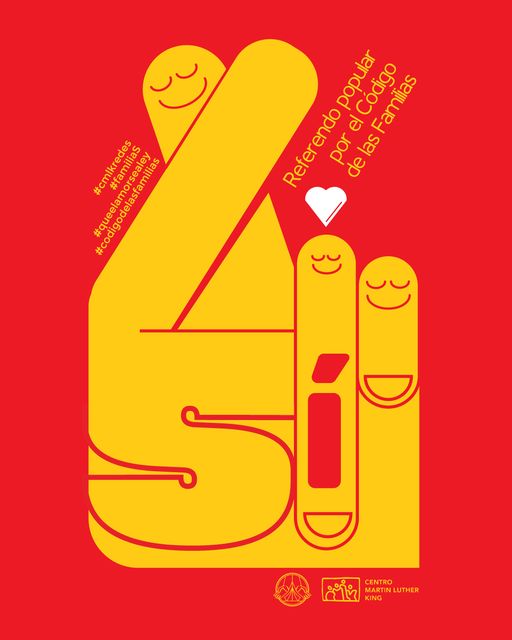
CUBA-
The date is near in which the Cuban people will be able to exercise their democratic right to accept or not the new Family Code in Cuba. As is well known, this is the culmination of a complex process in which Cuban churches have had a very clear voice. The Reformed Presbyterian Church in Cuba, through a message signed by the IPRC Synod’s General Council, affirms that “the strengths of the new code have been posed, with respect to its support towards children, teenagers, elders, and people without a heteronormative sexual orientation, among other aspects”.
Reaffirms this message in the next points:
1. The right of every citizen to vote in favor, against or to abstain, taking into account their most sincere criteria, and the transparency and ethical coherence expressed in the life and teachings of Jesus of Nazareth
2. The support that our IPR-C has given to all actions in the name of justice, rights and inclusivity, in correspondence with our history and the confessional bases that connect us with social commitments and the militancy in favor of those excluded and vulnerable.
3. The constant need of renovation that must move the church and society towards a more just society, in which human dignity and the integrity of creation are a visible sign of the kingdom God has established in History.
With respect to the debate of this topic in the ecumenic and ecclesiatic contexts, we must express that both in our past Synod, and in the digital platforms under the name “Voce ecuménicas cubanas”, the strengths of the new Code have been posed, with respect to its support towards children, teenagers, elders, and people without a heteronormative sexual orientation, among other aspects.
The IPR-C Synod’s General Council recognizes the liberatory perspective that’s held by the new Code, and at the same time confirms the sovereign right of its parishioners to vote according to their personal criteria. We reject any type of political or spiritual coercion that forces the decision of our parishioners in their right to vote”.
Translation: Massimiliano Tron F
